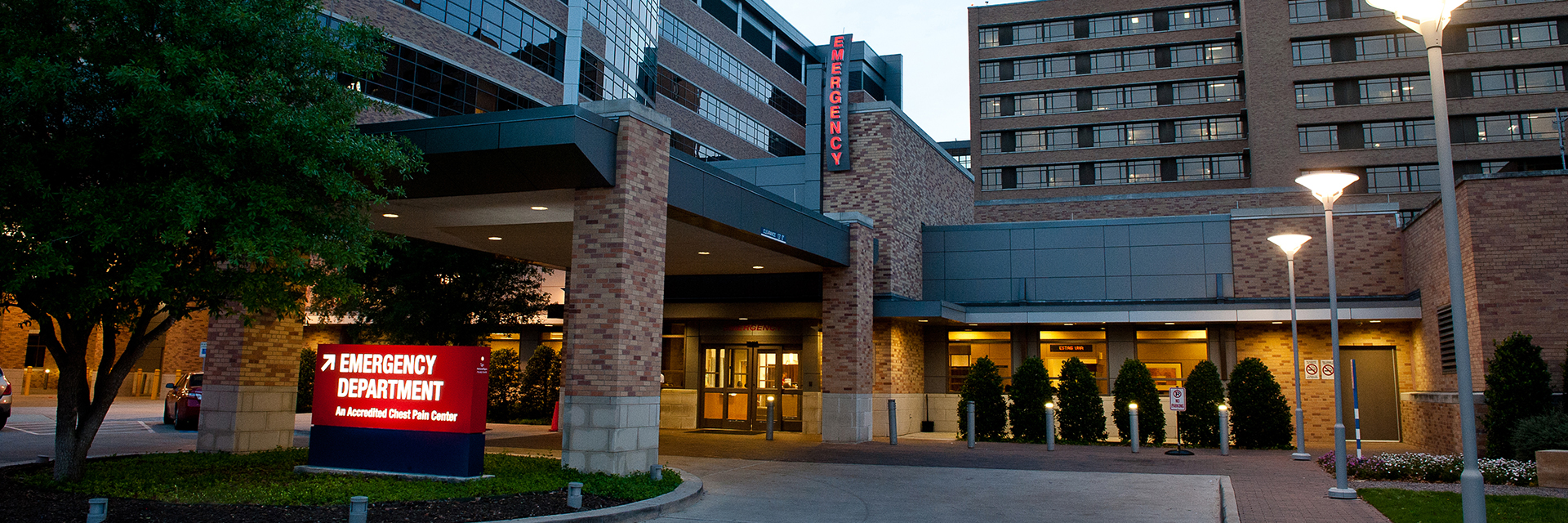You may have heard the term cardiogenic shock and wondered what it means. In simple terms, it’s a rare but serious medical condition where the heart suddenly fails to pump enough blood to vital organs like the brain, kidneys, and lungs. Time is extremely important for cardiogenic shock patients. The circulatory system is so critically compromised that it can be fatal, especially when not treated quickly.
Cardiogenic shock has a significant impact on the body. Suddenly, the heart muscle is damaged and cannot pump enough blood to the body’s tissues, and this collapse of the circulatory system means the patient isn’t achieving the proper blood flow needed to function. This condition can be triggered by a heart attack or heart failure as some examples.
Signs of Cardiogenic Shock
In some cases, patients will experience symptoms. In others, a friend, family member or caregiver may observe that something doesn’t look or seem right, that something is different or abnormal. Symptoms or signs of cardiogenic shock may include some or a mix of:
- Chest pain or discomfort
- Confusion
- Dizziness
- Disorientation
- Less urine output
- Rapid breath/shortness of breath
- Rapid heartbeat
- Loss of consciousness
- Weak pulse
- Sweating
- Pale skin
- Cool to the touch, especially extremities
- Low systolic (top number) blood pressure
Regardless of the symptoms, time is of the essence, and it’s important to call 9-1-1 and get the patient to a hospital right away.
Preventing Cardiogenic Shock
There are ways to minimize the potential for cardiogenic shock that involve lifestyle changes. This list may look familiar: don’t smoke, maintain a healthy body weight, curb saturated fats and avoid trans fats in the diet, and last, limit sugar and alcohol. A regular exercise routine – as simple as 30 minutes a day – can also help lower blood pressure and improve overall heart health.
Importantly, there are some risk factors associated with cardiogenic shock. Older individuals, especially females, are more likely to experience the condition. People who have a history of heart failure or heart attack, and those with diabetes, high blood pressure or coronary artery disease also may be at risk.
The Cardiogenic Shock Initiative at Texas Health Dallas
For nearly 10 years, Texas Health Dallas’ robust Cardiogenic Shock Program has served the most critically ill patients in North Texas. In 2016, Texas Health Dallas was one of 80 U.S. hospitals involved in the National Cardiogenic Shock Initiative. The four-year study determined that early use of a specialized heart pump during cardiogenic shock treatment can increase a patient’s chances of survival.
Texas Health Dallas’ multidisciplinary approach – teamwork between cardiologists and surgeons – means better outcomes for patients, collaboration helps provide better outcomes for patients.
Time is of the Essence
When treating a cardiogenic shock patient, the quicker the care team can restore the function of the heart, the better for the patient. If blood flow is diminished after a certain amount of time, organs may be damaged, sometimes irreversibly. The heart pump is one tool that enables the team at Texas Health Dallas to restore heart and circulatory function more quickly, so outcomes for the patient may be improved.
Bright Future Ahead
With time, research and the advent of new technologies, prospects for patients experiencing cardiogenic shock are likely to improve.
Learn more about heart and vascular care at Texas Health.

